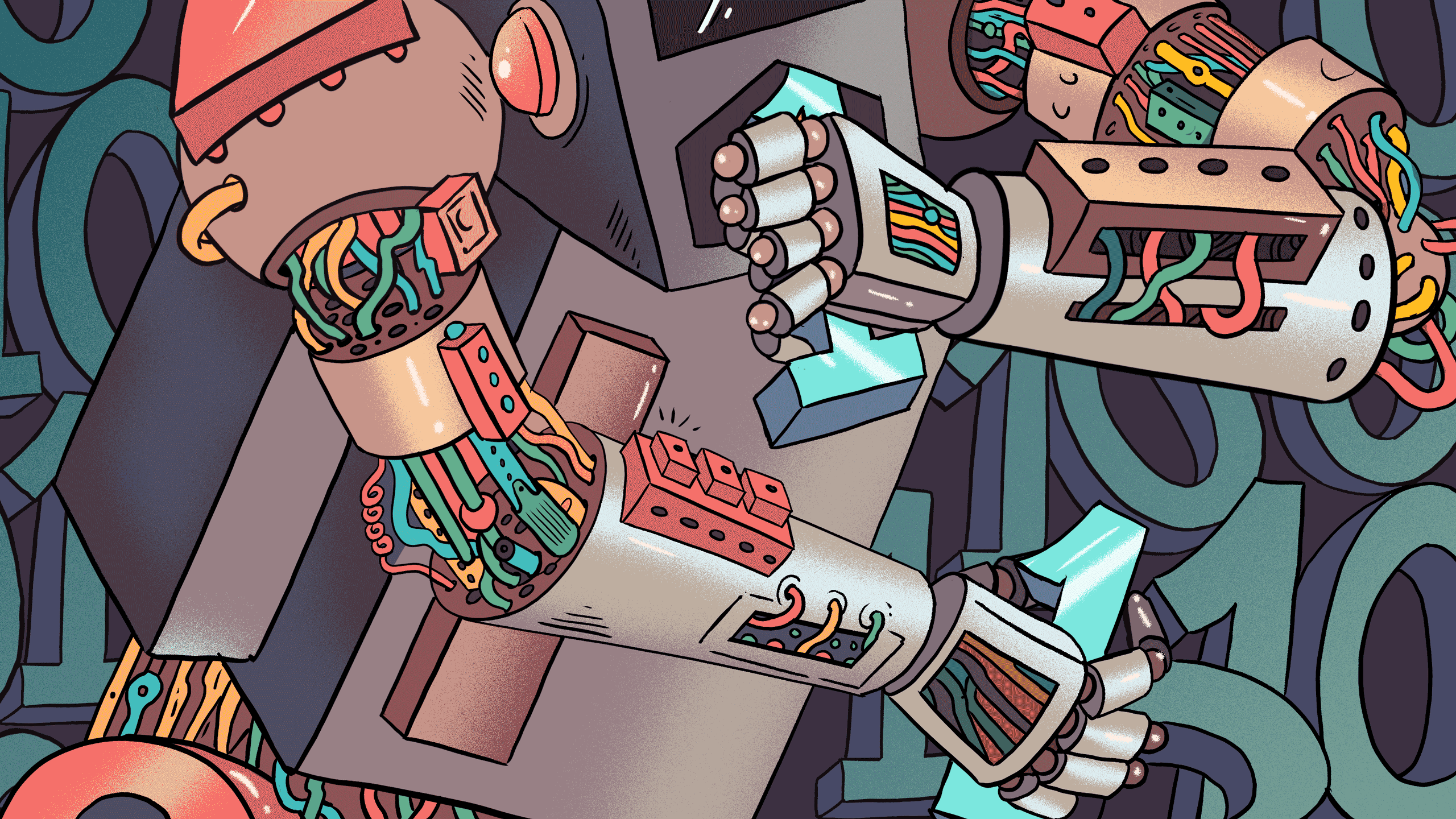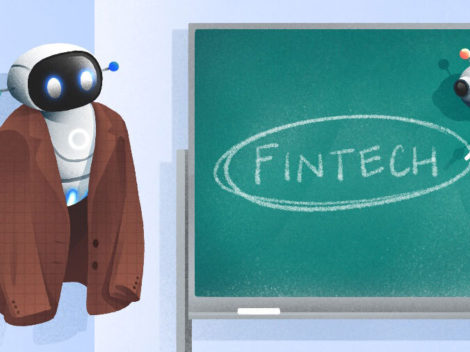Venture investors love technology. But lately they’ve been much less keen on the kind you buy in a box and take home from the store.
Subscribe to the Crunchbase Daily
While software continues to eat the world and VC checkbooks, venture investment in consumer electronics startups is poised to decline year-over-year in 2019. That marks the third year in a row of contracting investment for the North American startups in the space, per Crunchbase data. And even hardware investors are sounding bearish.
“It’s a down window right now,” said Eric Klein, partner at Lemnos, a hardware-focused seed and early stage investor that has been largely staying out of new deal flow in consumer electronics for the past couple years.
Lemnos isn’t alone this year. A Crunchbase analysis of investment in North American consumer electronics startups shows total known funding of $1.74 billion in 2019, down from $2.45 billion in 2018. Round counts have slipped as well. We break down totals for the past five years below:

The Drivers
Klein pointed to three main drivers for the decline in consumer device investment.
The first is the growing dominance of the “Big Four” — Apple, Samsung, Google and Amazon. These corporate giants are cornering a growing number of consumer electronics categories, leaving startups hard-pressed to compete.
The second is the disappointing aftermath of the Kickstarter revolution. When crowdfunding platforms began gaining traction early in the decade, there was optimism in venture circles that developers of popular products would go on to serve massive markets. That hasn’t panned out as expected, with early follower enthusiasm rarely germinating future mass-market hits and instead bringing a lot of flops.
The third factor is the so-far unimpressive strategy of writing large early checks to more experienced entrepreneurs.
“Those deals haven’t done as well as everyone thought they might,” Klein said. It’s particularly challenging because founders have to build both a product and a marketable brand. Both of those are expensive and risky propositions.
Klein didn’t name names, but startups that come to mind include Essential, the mobile phone and device maker that raised $330 million across two early stage rounds, and Magic Leap, the VR wearables unicorn that has raised over $2.6 billion to date.
Series B Was Particularly Weak
It’s noteworthy that of all stages of consumer device investment, Series B was particularly weak this year. Per Crunchbase data, just nine North American consumer electronics companies announced Series B rounds in 2019, bringing in $209 million (more details in chart below). That’s less than a single company – Essential – raised in its 2017 Series B.

This slowdown is significant because if we visualize where Series B lands in a company’s development, it’s a bit like the final on-ramp to a highway. As we noted in a prior analysis, companies are expected at that point to have proven technology, early indications of market demand, and, at least some revenue. The next stop is Series C, where the scaling accelerates.
Because the bulk of really big startup financings happen at the later stage, after Series B, a slowdown here indicates the likelihood of fewer supergiant fundings for consumer electronics down the road.
Hits And Flops
Since consumer electronics success requires a recognizable brand, we’re more likely to hear about the companies that prevail, as well as those that didn’t live up to early hype. So, let’s look at some of the biggest names in both categories.
On the success side, probably the standout for 2019 is Peloton, the maker of connected fitness equipment that went public in September and has cinched a market capitalization around $8 billion. Founded in 2012, the New York-based company raised just shy of a billion dollars prior to its IPO.
Other deals involved smaller numbers, including Amazon’s purchase of venture-backed home router startup, Eero, for an undisclosed sum, and Google’s purchase of publicly traded fitness wearables maker Fitbit for $2.1 billion.
As for flops, among the most prominent closures of 2019 was Anki, the maker of robotic toys that raised more than $200 million in venture funding. The list of smaller startup shutdowns for the year includes Halo Smart Labs, a connected home device developer, and Naya Health, which wanted to modernize the breast pump.
Scant Funding Portends Fewer Future Flops
Of course, you can only have big flops if startups get enough money with which to flop bigly. The scarcity of supergiant consumer electronics fundings in recent quarters means there is a smaller pool of companies poised to become either the next big success or notorious failure.
Part of the challenge, Klein said, is finding niches where the Big Four don’t already exert market dominance. Connected fitness represented one such area, and that helped push Peloton’s valuation up and fuel investment for others in the space. Another example is Molekule, a startup that makes air purifiers.
In coming years — new sensors, maturation of the VR space, and other developing technologies will also likely open up new use cases for consumer electronics. But it may take a while said Klein, noting:
“History always teaches us that what goes down will go back up. It’s just really hard to tell when.”

Stay up to date with recent funding rounds, acquisitions, and more with the Crunchbase Daily.



![Illustration of a suitcase stuffed with money. Megafunds [Dom Guzman]](https://news.crunchbase.com/wp-content/uploads/Megafunds-470x352.jpg)
![Illustration of a guy watering plants with a blocked hose - Global [Dom Guzman]](https://news.crunchbase.com/wp-content/uploads/quarterly-global-3-300x168.jpg)
67.1K Followers